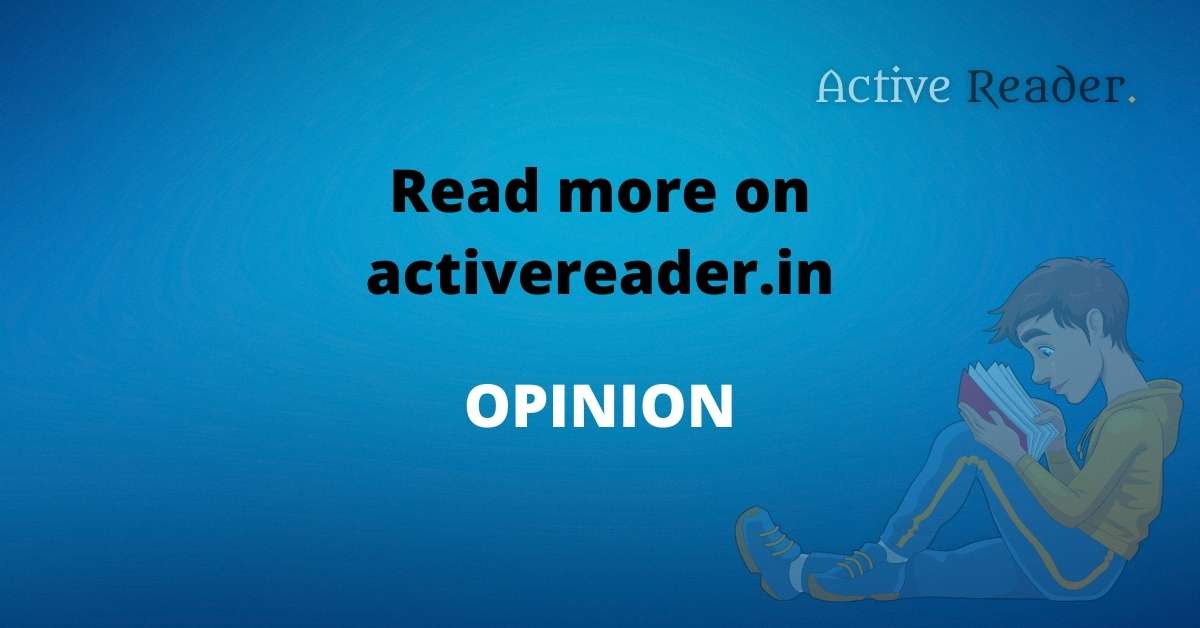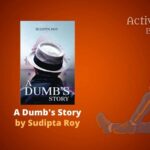Every reader has a perception of the best kind of fictional works – be it a novel, a poetry collection or even a 4-page short story. Something that goes beyond entertaining and pleasing, something that remains as the residue of a fictional encounter, something that we can name a creative residue. Do you agree? If yes, you must have a perception of what should be the best fiction. We read many books in our lifetime (I can speak for many here) but there are only a few books that remain with us for a very long period and we return to the same, time and again, to find out what we miss in the works we read and forget. Does it happen with you too? Do share your experiences in the comments section. I will continue my opinion in the article.
A reader wants to read stories that are complete. Something that begins and develops and ends conclusively (even in the case of sequels awaited). Such books always attract more readers and offer a sense of satisfaction from the reading exercise. On the other hand, the stories that are not protracted in the right direction and lose track of the plot cannot attract more readers. Such stories are only limited to a certain section of readers who have to read because of some compulsions or any other reason.
Coming to the point of themes and issues forming a work of fiction, a reader loves to read about the issues that are relevant, recent or old does not matter. Relevance may be for the things that are old enough or still not arrived ones – flying cars or Ram Setu that once linked India and Sri Lanka for the world’s most beautiful love story… so, the relevance of issues and themes is a tool that skilful writers should use the best way to connect with more and more readers rather than limiting their works for a section of readers who are hyper about any topic.
Language is a very important thing. Though most of the works which become popular are either in English or in English translation, the usage of language also becomes important in the case of any other language (including English, of course). There are readers who love traditional, beautiful and yet light usage of English, wonderfully expressed and close to Sanskrit usage of Hindi and all traditional languages evolved in India. However, there are also readers who love a mix of everything so that they can relate to it – modern youths have become very complex in terms of their linguistic prowess and they can manage to carry a language that is a mixture of everything on the table.
And at the end, to conclude this article, I will add that modern readers are open to reading anything that can offer reading satisfaction and also bring something new in terms of fiction, storytelling and imagination. Even vision and way forward are also very much welcome. However, something that tries to outsmart things that are logical and accepted often bites the dust rather than being popular. So, readers are ready. Are the authors ready too?
by Vyom for Active Reader Book Blog



No Comment! Be the first one.